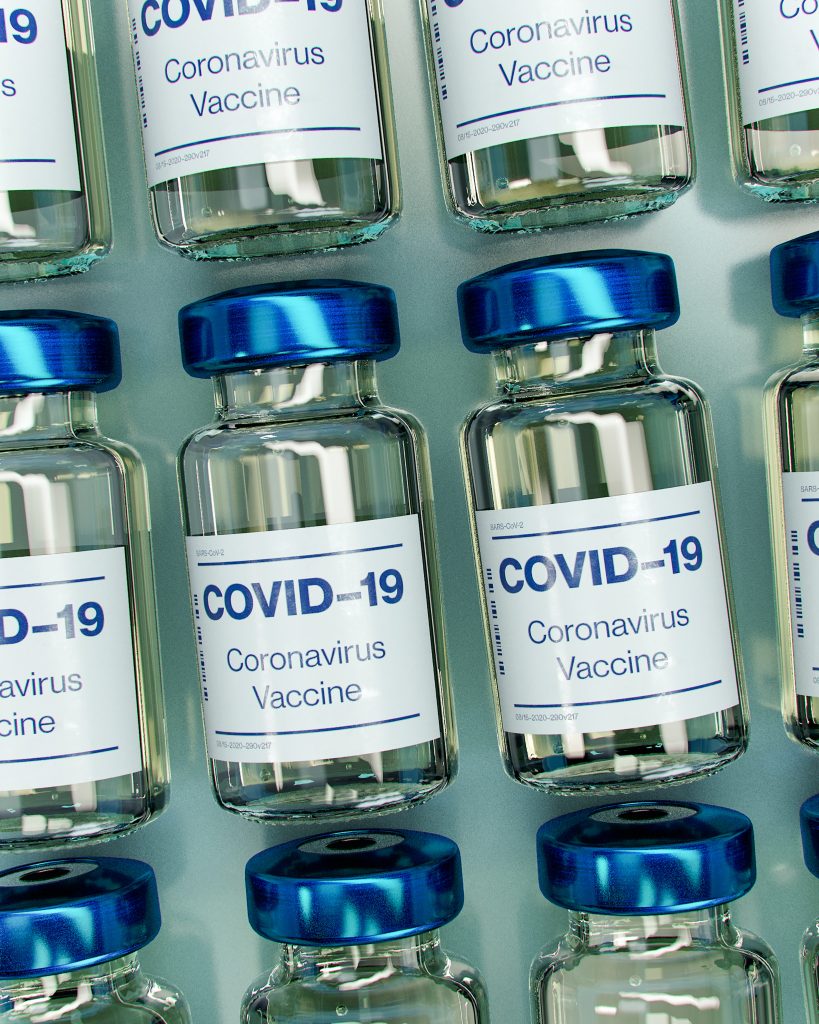Privatized fishery management schemes, alongside other cultural and social changes, have led to a high average age in some fisheries, where youth and newcomers are not meaningfully present in the industry. This research explored the current and future opportunities and constraints for youth and newcomers in Icelandic fisheries, which are managed by an Individual Transferable Quota system. Data were collected through participant observation and 25 semi-structured interviews with key individuals in fisheries.
Decent work and growth
Key in the process for low-carbon transition is a transformation in all sectors and regions and the incorporation of new technologies and practices. Research and Innovation (R&I) is key in the development and successful uptake of clean technologies and focuses on three key non-mature technologies, CCS, advanced biofuels, and batteries for electric vehicles, as well as on energy efficiency measures explained in the report.
The transition to low carbon practices requires incorporating new technologies and practices, with Research and Innovation (R&I) being key in developing. Optimal R&I strategies increase the feasibility of ambitious climate stabilization targets by lowering carbon prices and mitigating costs.
EU- funded DEEDS project gives recommendations on Research and Innovation (R&I) aimed at decarbonisation of the EU economy and society and are relevant to the EU Green Deal.
Economic growth has been a priority for the European Union (EU) since its creation. The Paris Agreement targets will not be reached by technological and policy measures alone, businesses need to contribute and commit to the decarbonisation journey. The Business Guide calls to policymakers and businesses to move decarbonisation strategies from words to reality.
DEEDS’ knowledge base constitutes of two components: the scenario explorer and the technology database and intends to reach out to a broader audience and academia who could deliver deep and rapid reductions in emissions. This may help stakeholders to access detailed information about expected European emission limits, technology markets and energy prices, to develop strategies and understand the market potential for technologies consistent with decarbonisation pathways.
The largest short-term reduction in energy use and largest short-term reduction in energy use and carbon emissions in a lifetime is a result from the Covid-19 pandemic and are still in the process of being assessed. This had led to significant changes in people’s day to days lives that are unparalleled in the last few decades.
Models are tools which help to assess the positive and negative impacts of a low-emission pathway for the country. Interview questions formed the basis for a series of model runs to obtain a better understanding of the implications of the energy efficiency pathway in Poland. The goal of the model run was to shed light on the macroeconomic impacts of investment in energy efficiency in Poland in the built environment.
Institutional, economic, and social contexts influence the formulation and implementation of climate policy instruments. Three categories of contextual factors that are especially relevant to climate change mitigation in EU policymaking: institutions and governance, innovation and investment and attitudes, behaviour, and lifestyle. Different factors or conditions may facilitate or hinder effective policy implementation as so much depends on the institutional, economic, and social contexts. In addition, not only international pressures but also local barriers.
One of the 15 case studies of the EU-funded TRANSrisk project on transition pathways for climate change mitigation strategies is focused on the biogas sector in Indonesia. In this article, we explore the emissions reduction potential of a wider implementation of biogas in Indonesia.









